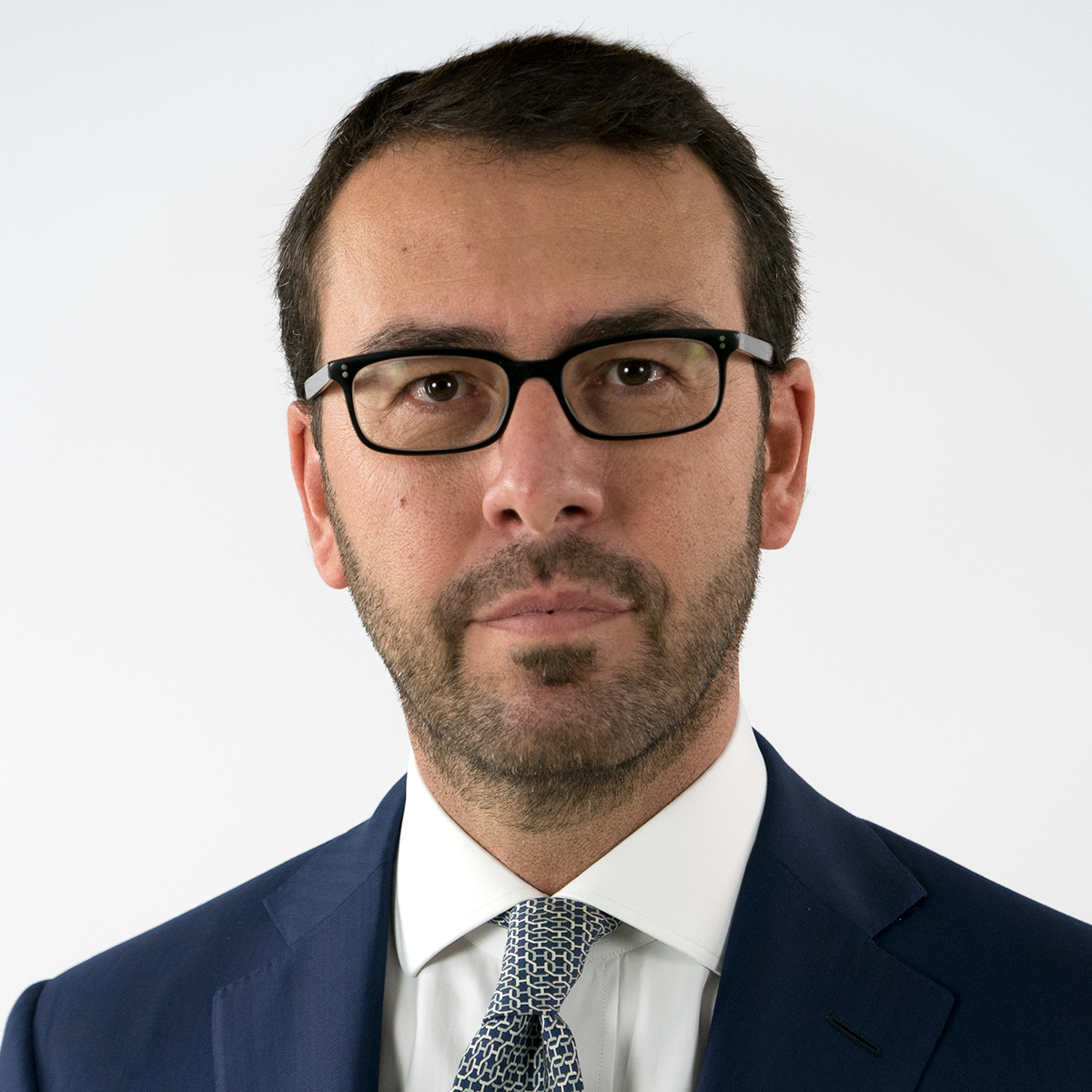Log in and enrol
Fundamentals of financial and management accounting
Fundamentals of financial and management accounting
Learn how to read and analyze financial statements and understand basic techniques to manage costs and capital investment decisions.
Introduction to Management Engineering Series
This MOOC is part of the Introduction to Management Engineering series, which is designed to introduce prospective master students and people interested in managerial disciplines into the key fundamentals of Management Engineering. Through an analytical and engineering approach, the series provides basic concepts and language in the areas of Strategy, Economics, Financial Accounting, Organization, and Operations Management.
The series is the result of a collaborative design between METID, the unit of Politecnico di Milano devoted to teaching and learning innovation, and the Study Course in Management Engineering.
See the full seriesCourse description
This is an introductory course on financial and management accounting. How many times have you heard of net profit, operating profit, operating margin, cash, earning and so on? But are they referring to the same concepts or are they different things?
The first part of this course will introduce the basic accounting principles and accounting terminology to understand how a company keeps control of financial events and provides information on how it is performing. These basic concepts will support the analysis of financial reports companies prepare. We will go through balance sheet, income statement, financial statement, learning how to read and analyze them.
The course will also provide the basis of management accounting introducing some techniques (e.g. break- even analysis or NPV) to support managers in making short-term and long-term decisions, such as "Is it convenient to dispose a production machine and buy a new one?" or "How many products should the company sell in order to break-even?"
The course will bring examples and case studies that will help students better understand the practical applications of the basic accounting principles and techniques. At the end of the course, students will be able to read, understand and analyze financial documents and to apply simple techniques to analyse costs and evaluate capital investment decisions.
Total workload of the course: 25 hours
This MOOC is provided by Politecnico di Milano.
Intended Learning Outcomes
By actively participating in this MOOC, you will be able to:
- Identify the purpose of financial accounting and distinguish between accrual and cash accounting principles.
- Compute the Net Present Value (NPV) and understand its relevance in business decision-making.
- Analyze the structure of a balance sheet by identifying key components such as non-current assets, inventories, equity, and liabilities.
- Understand the structure of the income statement and cash flow statement, and analyze the impact of inventories on profit.
- Classify different types of costs (e.g., direct vs. full costs).
- Apply cost allocation techniques, including Job Order Costing (JOC) and Activity-Based Costing (ABC), to assign costs accurately.
- Perform investment appraisals using the Net Present Value (NPV) method, including tax and external financing considerations, to assess long-term business decisions.
- Calculate contribution margins and break-even points to assess short-term business decisions.
In broad terms, the participant will develop the learning outcomes in the areas of: ESCO: accounting, ESCO: financial analysis, ESCO: perform balance sheet operations, ESCO: cost management.
Prerequisites
No prerequisite knowledge is required. It is particularly recommended for students with little background in financial and managerial accounting.
Activities
Over and above consulting the content, in the form of videos and other web-based resources, you will have the opportunity to discuss course topics and to share ideas with your peers in the Forum of this MOOC. The forum of this MOOC is freely accessible and participation is not guided; you can use it to compare yourself with other participants, or to discuss course contents with them.
Assessment
Your final grade for the course will be based on the results of your answers to the assessed quizzes. You have an unlimited number of attempts at each quiz, but you must wait 15 minutes before you can try again. You will have successfully completed the course if you score 60% (or higher) in each one of the assessed quizzes. The maximum score possible for each quiz is given at the beginning of the quiz. You can view your score in the quiz on your last attempt or on the 'Grades' page.
Certificate
You can achieve a certificate in the form of an Open Badge for this course if you reach at least 60% of the total score in each one of the assessed quizzes and complete the final survey.
Once you have completed the required tasks, you will be able to access ‘Get the Open Badge’ and start issuing the badge. Instructions on how to access the badge will be sent to your e-mail address.
The Badge does not confer any academic credit, grade or degree.
Information about fees and access to materials
You can access the course absolutely free of charge and completely online.
Course faculty

Deborah Agostino
Deborah Agostino is lecturer in Management and Organizations at Politecnico di Milano (B.Sc in Computing Systems Engineering). She is also lecturer in Management Accounting and Control at MIP (the Business School of Politecnico di Milano) where she teaches in international MBA courses. She received a B.Sc. in Management Engineering from Politecnico di Milano in 2006, a Master and PhD in Management Engineering in the same university respectively in 2008 and 2012. In 2011, she was visiting scholar at the Edinburgh business school, developing skills on accounting in the private and the public sphere. She researches management accounting (i.e. performance management) in organizational networks. This topic has been largely investigated during the three years of the Ph.D cycle, with a specific focus on the organizational network for the provision of the local public transport. Recently, she has developed a new field of research on accounting in the social media era. This area addresses the usage of social technologies by local administrations to engage with citizens, with a specific attention to the measurement issue and the impact of social media on the management control cycle.

Marco Giorgino
Full Professor of Financial Markets and Institutions.
Contact details
If you have any enquiries about the course or if you need technical assistance please contact pok@polimi.it. For further information, see FAQ page.